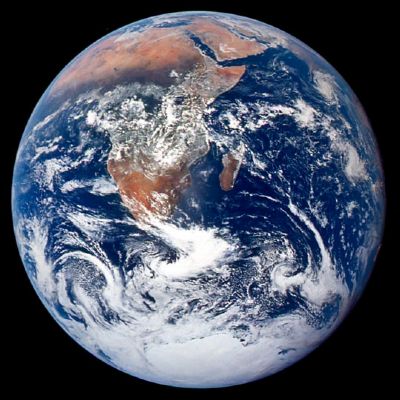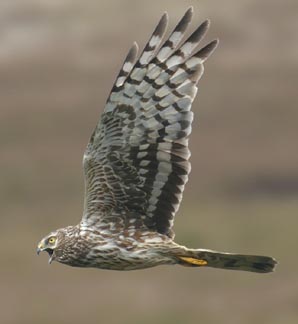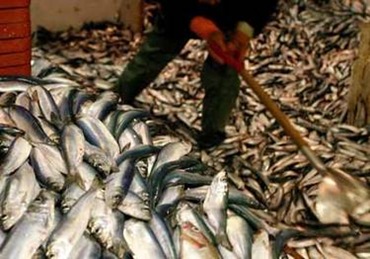 Biodiversity in Inverclyde, Renfrewshire and East Renfrewshire | sitemap | log in Biodiversity in Inverclyde, Renfrewshire and East Renfrewshire | sitemap | log in
|
 |
||
| Spanglefish Gold Status Expired 28/04/2010. | ||
Biodiversity begins with a B http://www.youtube.com/watch?v=v_otglflQw4 Scottish Natural Heritage has released a short animated video explaining about biodiversity. This darkly comic look at the importance of bees to our natural environment. Featuring the voice of Scots comedian Phil Kay, the video highlights that some bees are not doing so well and promotes a few easy actions - growing wildflowers, using less pesticides, mowing the grass less often - we can take to help support bees and the variety of living things around us. What is Biodiversity and why it is important? Biodiversity is the variability of all living organisms including animal and plant species, of the genes of all these organisms, and of the terrestrial, aquatic and marine ecosystems of which they are part. Biodiversity makes up the structure of the ecosystems and habitats that support essential living resources, including wildlife, fisheries and forests. It helps provide for basic human needs such as food, shelter, and medicine. It composes ecosystems that maintain oxygen in the air, enrich the soil, purify the water, protect against flood and storm damage and regulate climate. Biodiversity also has recreational, cultural, spiritual and aesthetic values. Society's growing consumption of resources and increasing populations have led to a rapid loss of biodiversity, eroding the capacity of earth's natural systems to provide essential goods and services on which human communities depend. Human activities have raised the rate of extinction to 1,000 times its usual rate. If this continues, Earth will experience the sixth great wave of extinctions in billions of years of history. Already, an estimated two of every three bird species are in decline worldwide, one in every eight plant species is endangered or threatened, and one-quarter of mammals, one-quarter of amphibians and one-fifth of reptiles are endangered or vulnerable.
Society's growing consumption of resources and increasing populations have led to a rapid loss of biodiversity, eroding the capacity of earth's natural systems to provide essential goods and services on which human communities depend. Human activities have raised the rate of extinction to 1,000 times its usual rate. If this continues, Earth will experience the sixth great wave of extinctions in billions of years of history. Already, an estimated two of every three bird species are in decline worldwide, one in every eight plant species is endangered or threatened, and one-quarter of mammals, one-quarter of amphibians and one-fifth of reptiles are endangered or vulnerable.
 Hen Harrier
Hen Harrier
 Common toad
Also in crisis are forests and fisheries, which are essential biological resources and integral parts of the earth's living ecosystems. The World Resources Institute estimates that only one-fifth of the earth’s original forest cover survives unfragmented, yet deforestation continues, with 180 million hectares in developing countries deforested between 1980 and 1995.
Common toad
Also in crisis are forests and fisheries, which are essential biological resources and integral parts of the earth's living ecosystems. The World Resources Institute estimates that only one-fifth of the earth’s original forest cover survives unfragmented, yet deforestation continues, with 180 million hectares in developing countries deforested between 1980 and 1995.
 Amazon Deforestation
Forests are home to 50-90% of terrestrial species, provide ecosystem services such as carbon storage and flood prevention, and are critical resources for many linguistically and culturally diverse societies and millions of indigenous people.
Overfishing, destructive fishing techniques and other human activities have also severely jeopardized the health of many of the world’s fish stocks along with associated marine species and ecosystems. The Food and Agriculture Organization of the UN estimates that nearly two-thirds of ocean fisheries are exploited at our beyond capacity. Over one billion people, mostly in developing countries, depend on fish as their primary source of animal protein.
Amazon Deforestation
Forests are home to 50-90% of terrestrial species, provide ecosystem services such as carbon storage and flood prevention, and are critical resources for many linguistically and culturally diverse societies and millions of indigenous people.
Overfishing, destructive fishing techniques and other human activities have also severely jeopardized the health of many of the world’s fish stocks along with associated marine species and ecosystems. The Food and Agriculture Organization of the UN estimates that nearly two-thirds of ocean fisheries are exploited at our beyond capacity. Over one billion people, mostly in developing countries, depend on fish as their primary source of animal protein.
 Overfishing
Overfishing
|    |
|
 | ||